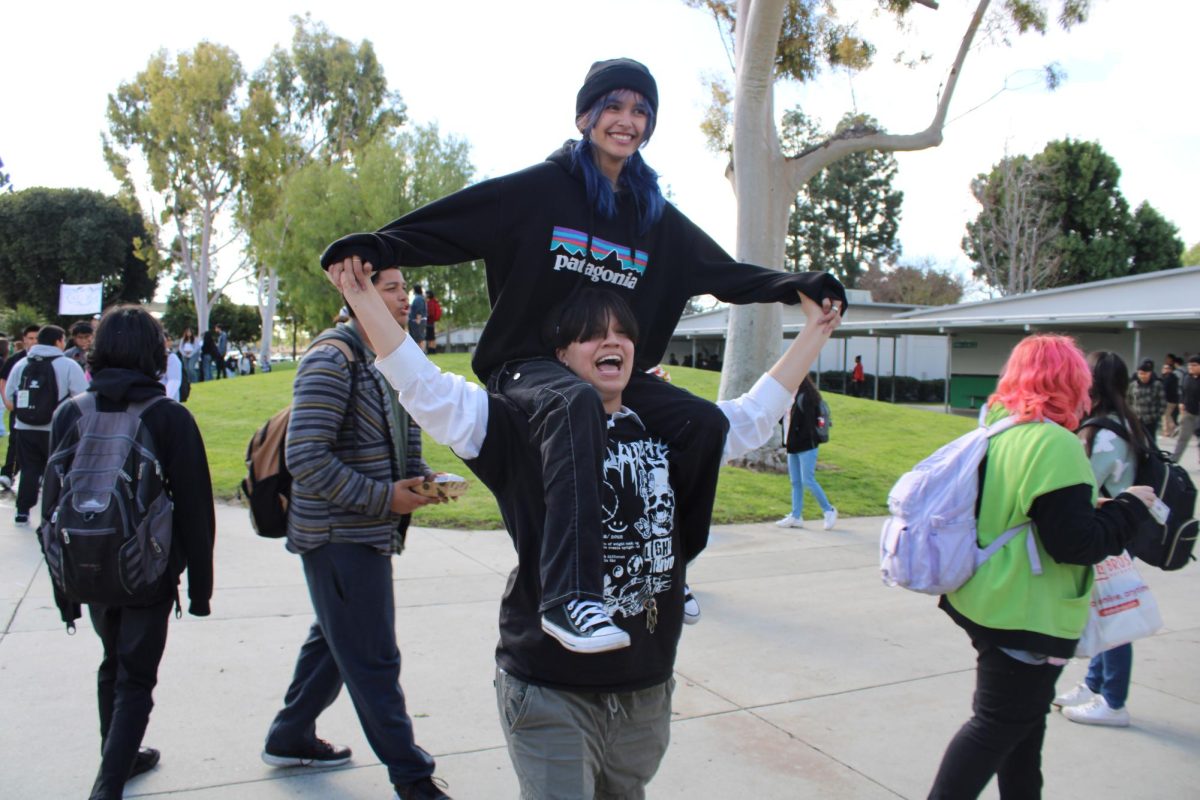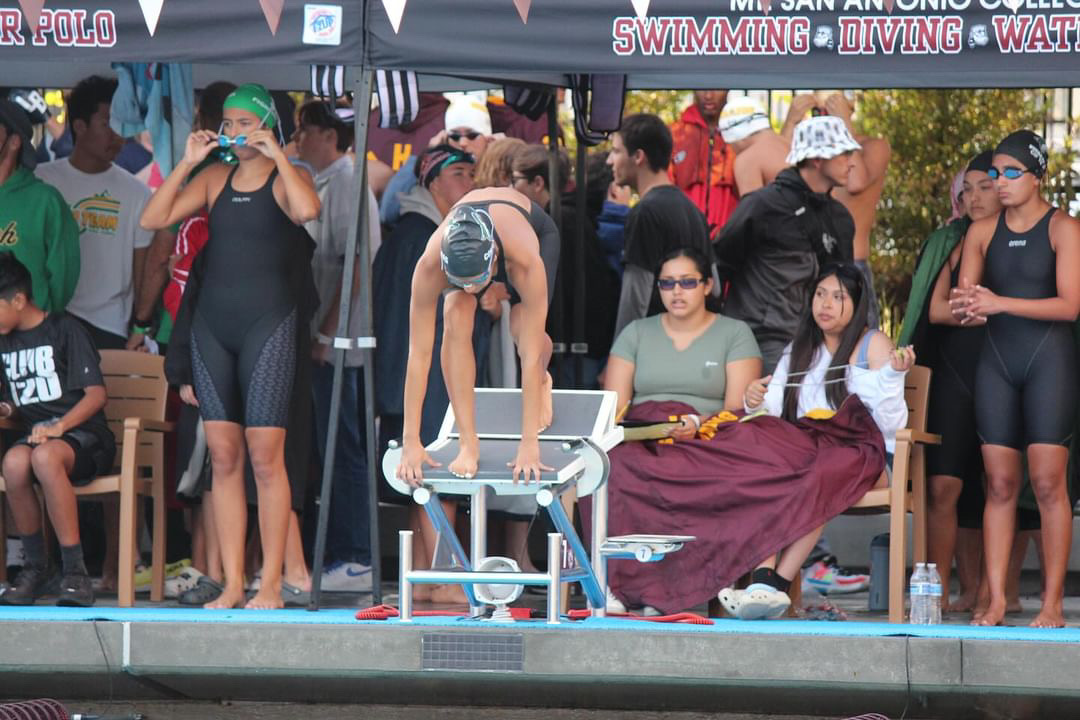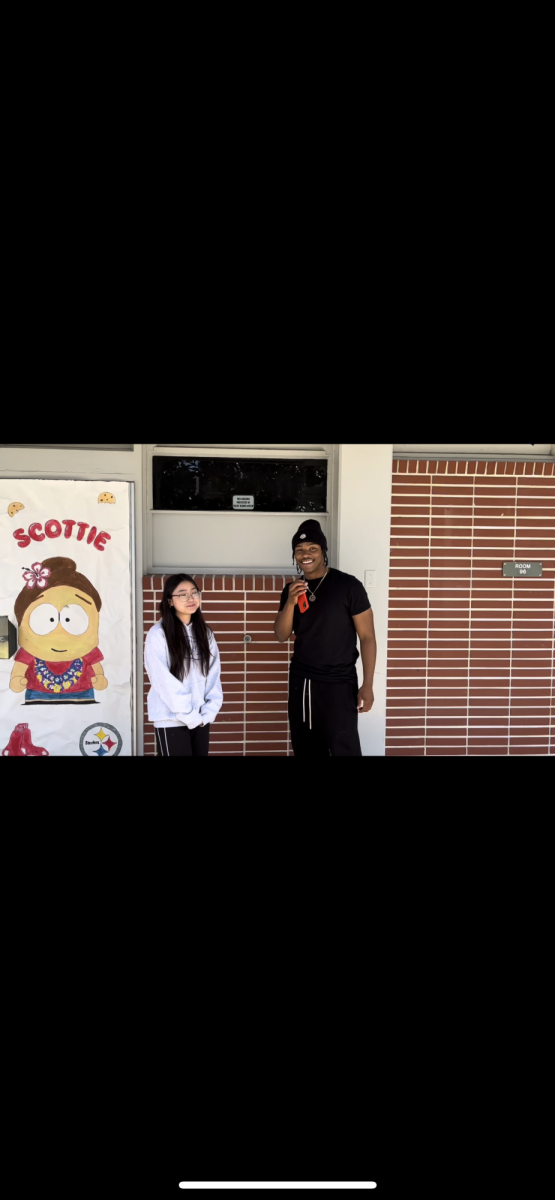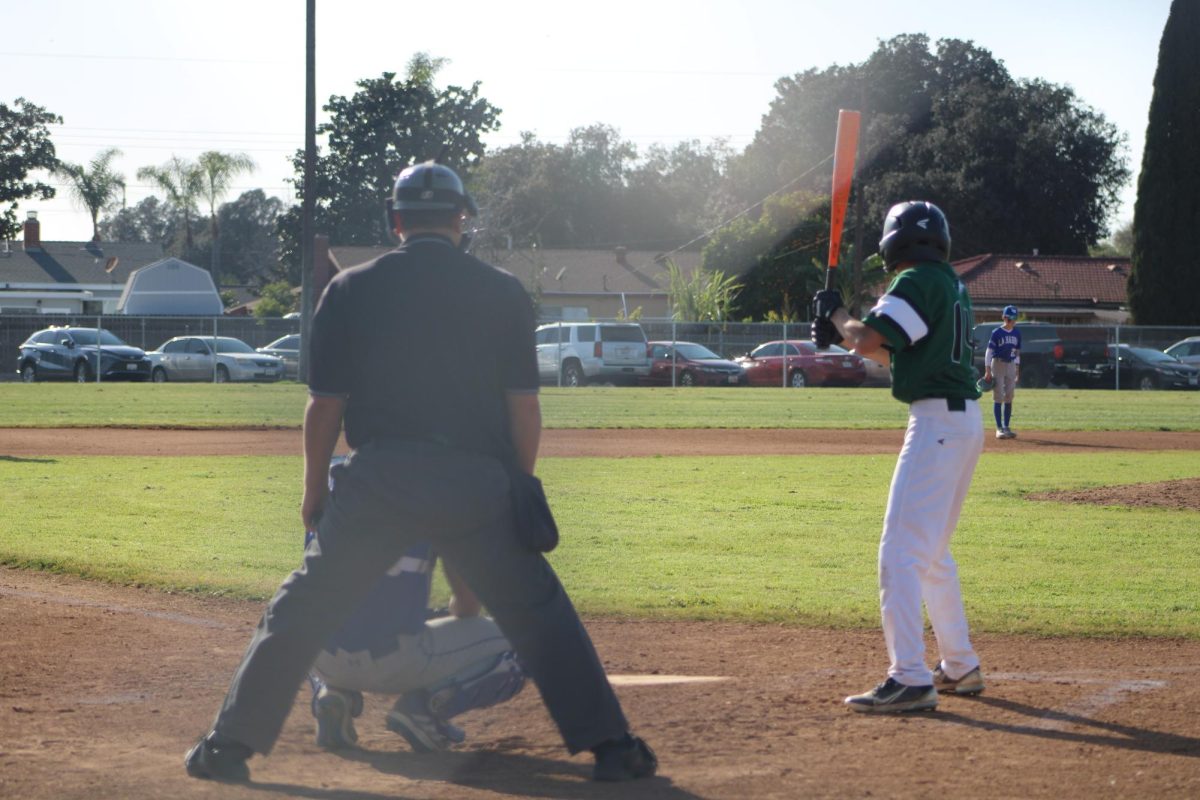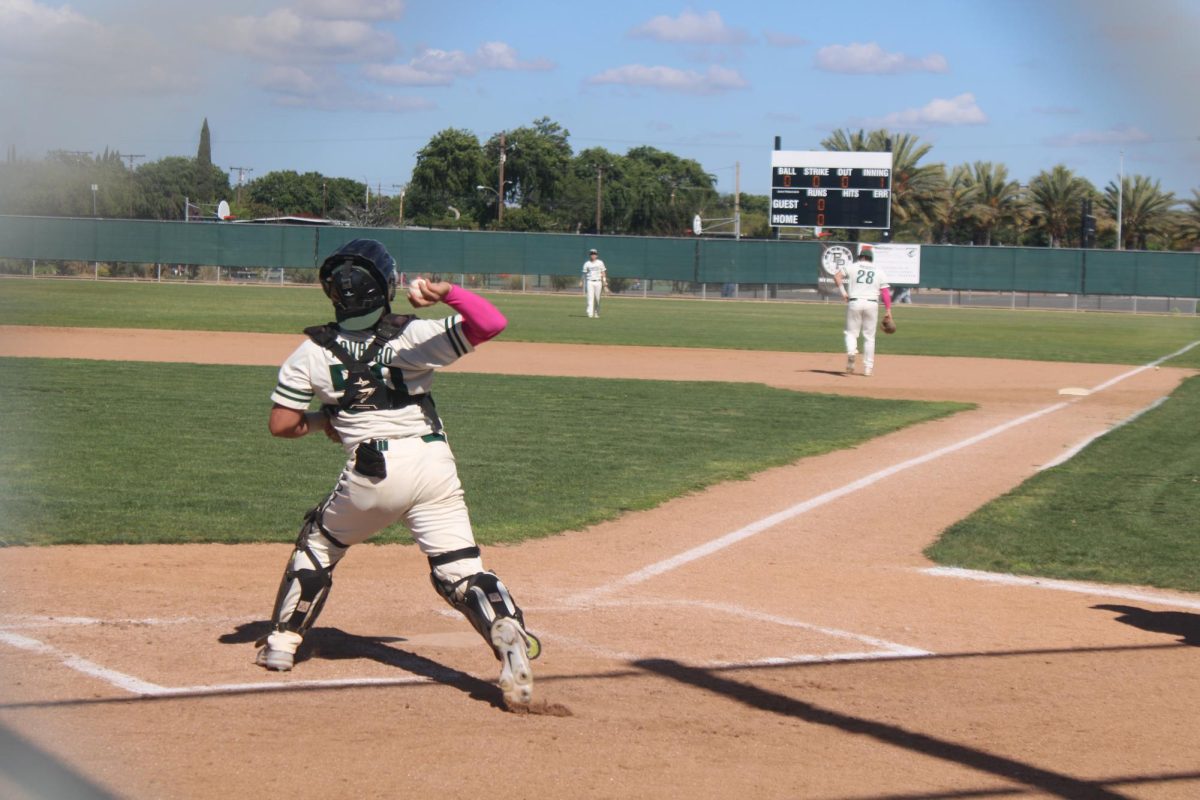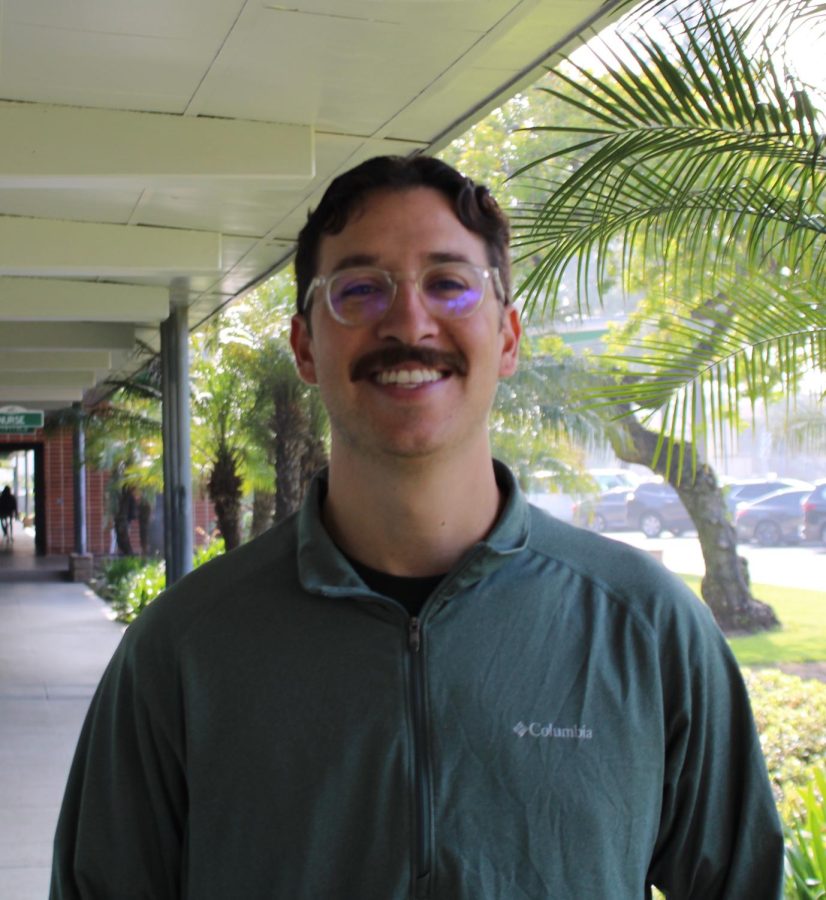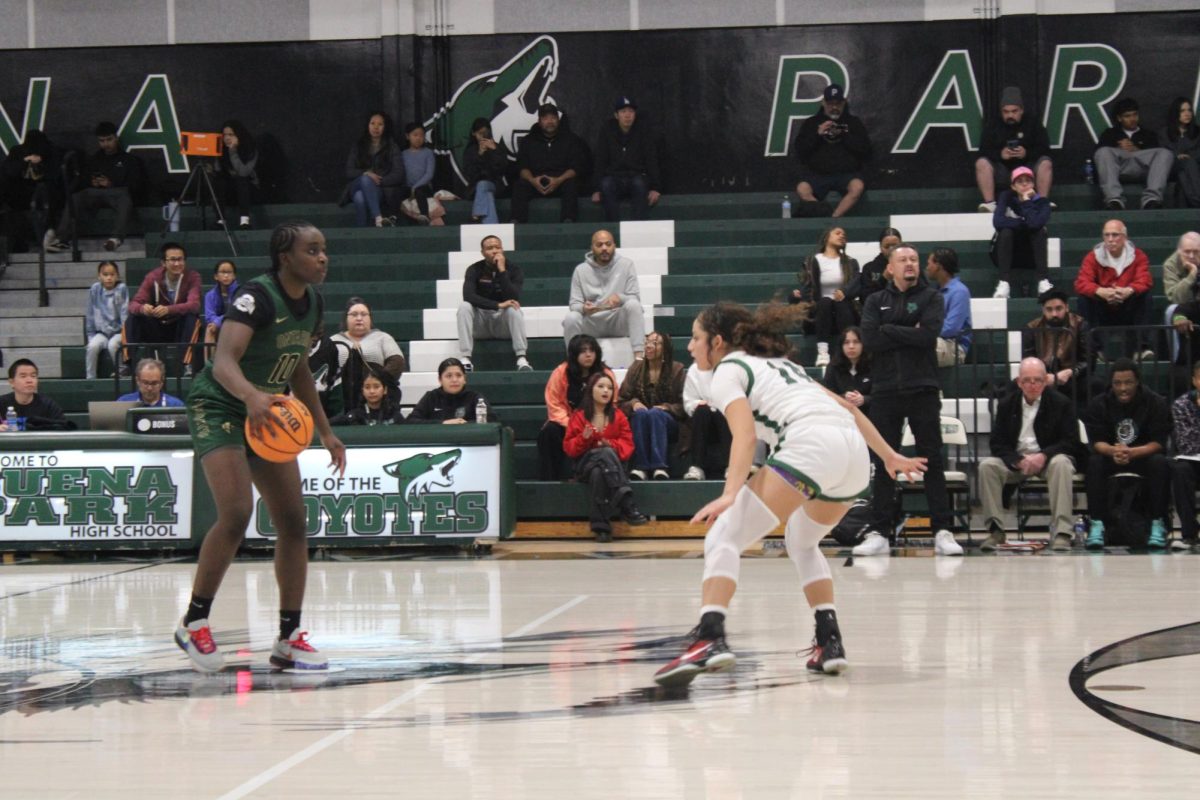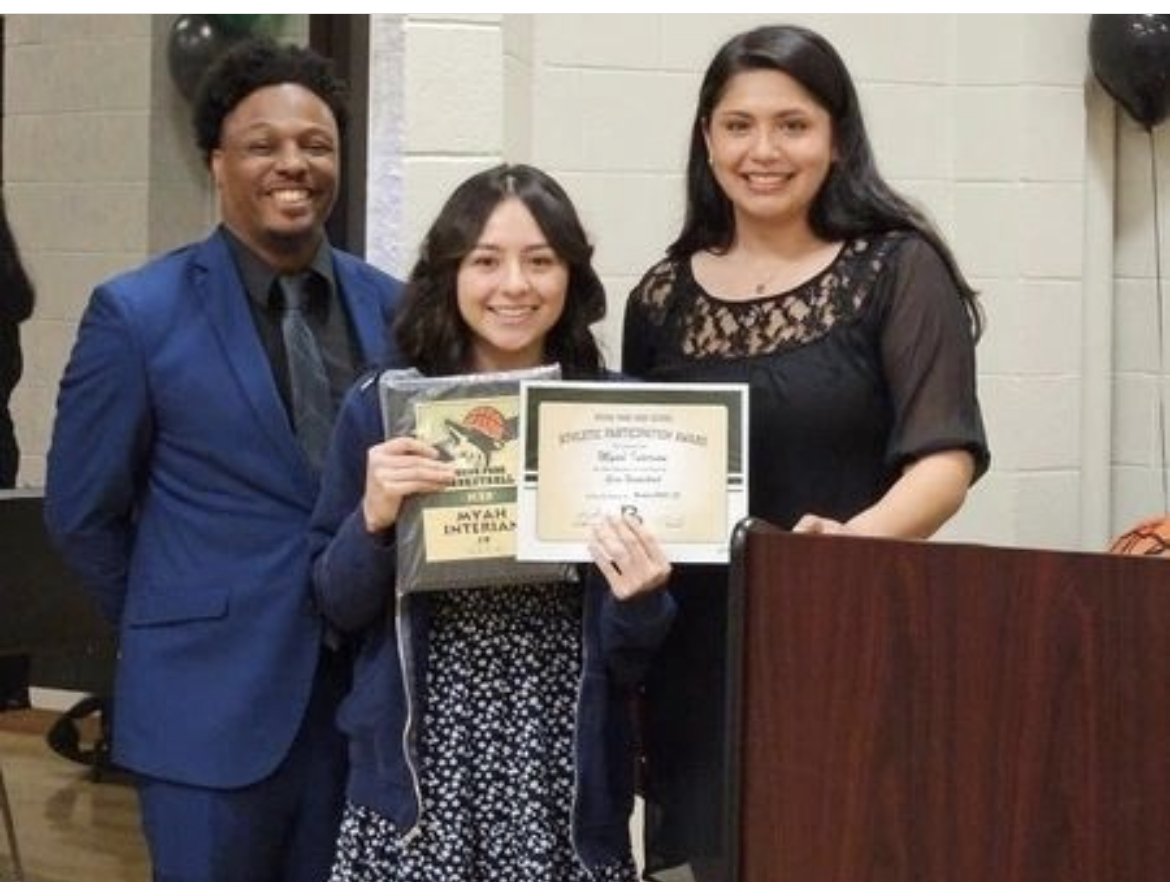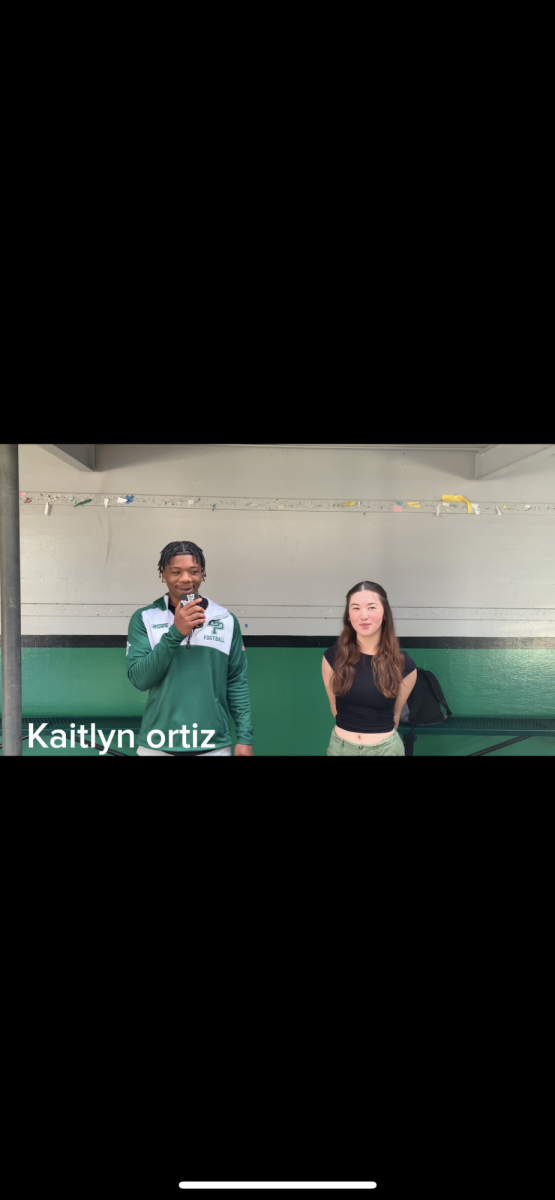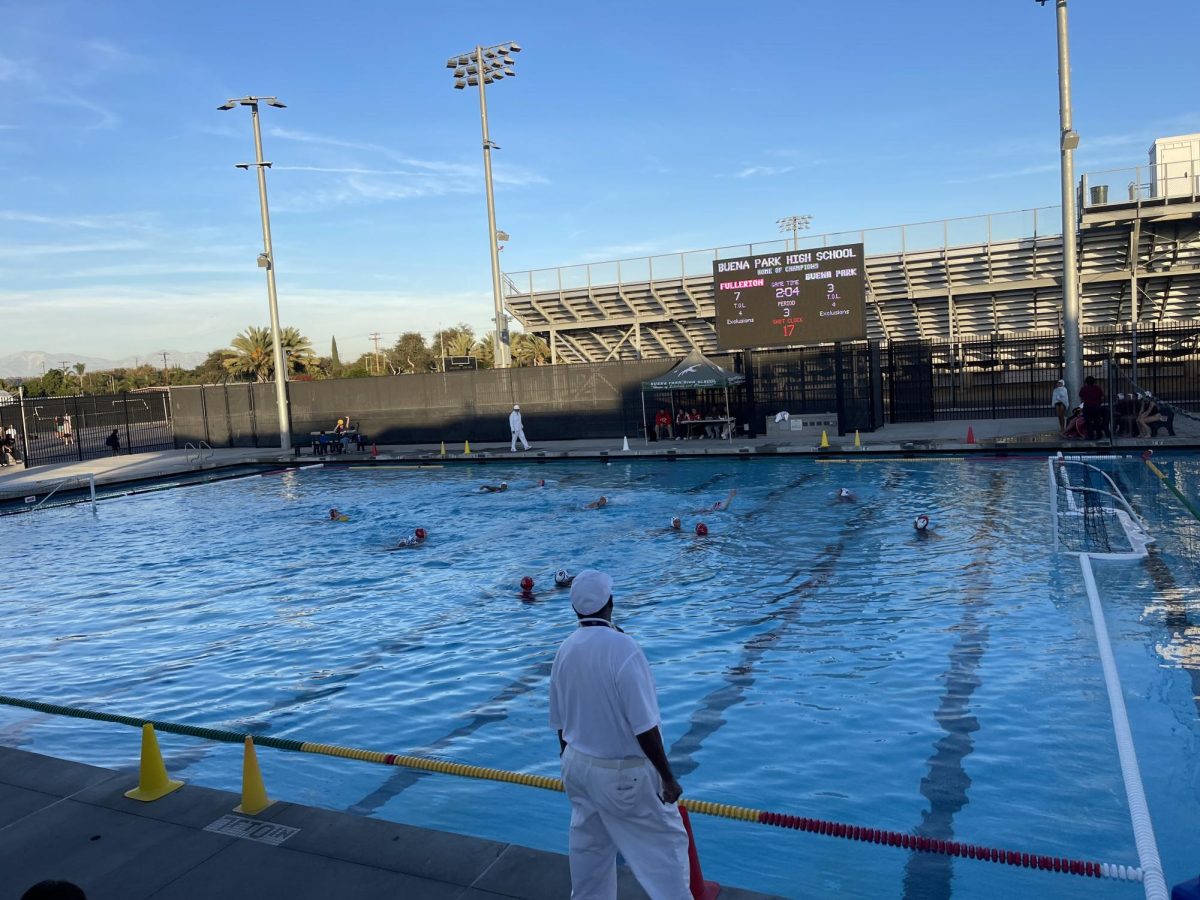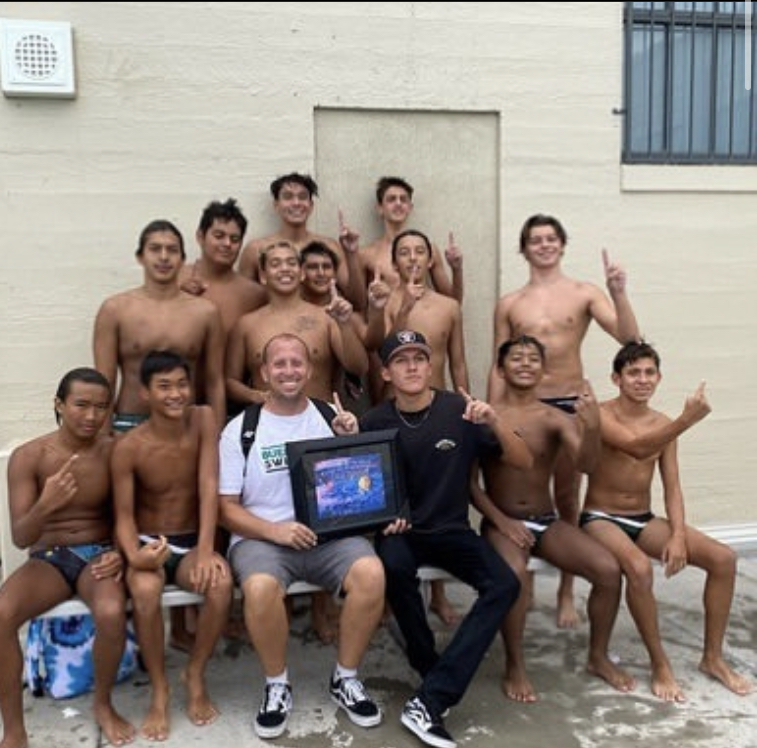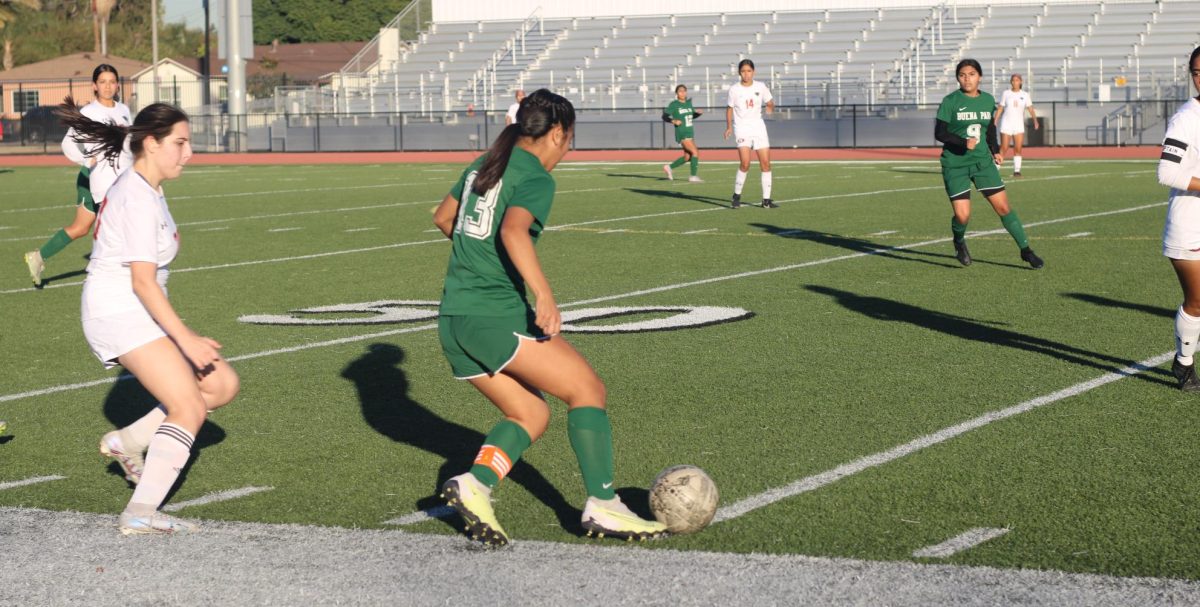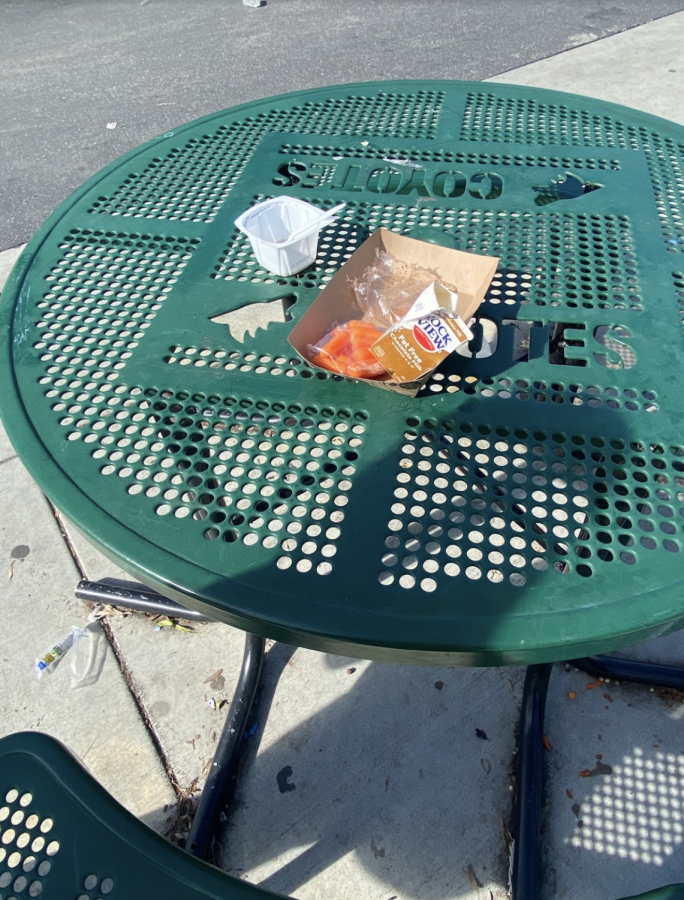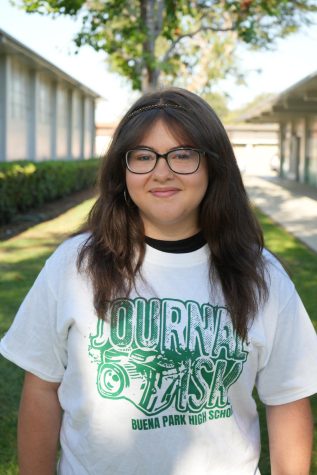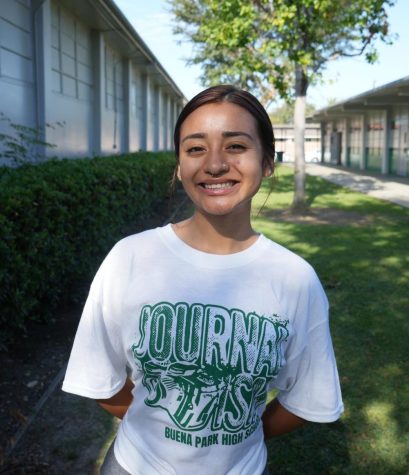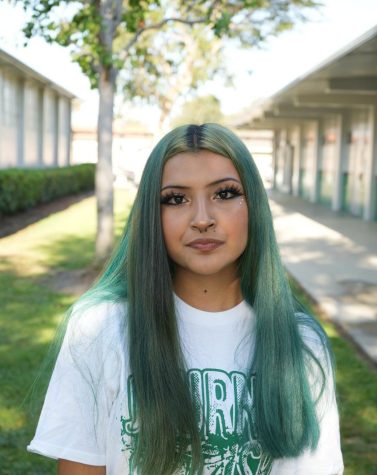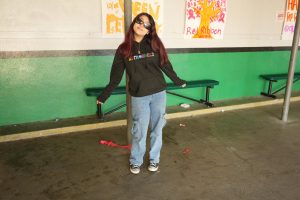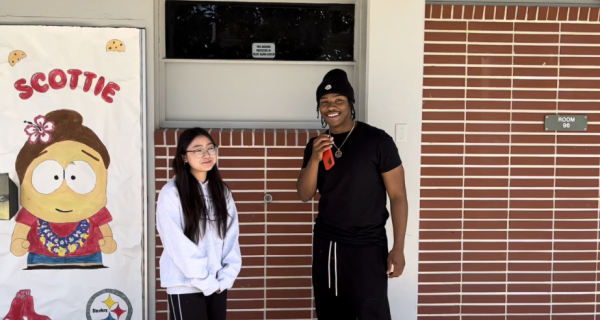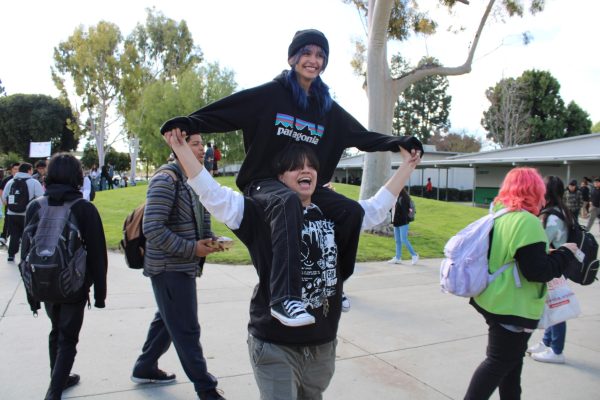Littering at BPHS
February 1, 2023
Littering, or the action of leaving trash in an open or public place, is a global phenomenon that the world is still working towards fixing. I’m sure throughout your lifetime, you are more than likely to come across trash lying on the floor by your local grocery store, the park. Basically everywhere. Would you say littering is normalized?
The topic of littering is not a new issue, but an ongoing one. Plastic bags can last up to 1,000 years in a landfill and a glass bottle can be around for a million years. According to Texas Disposal Systems, 60% of water pollution is attributed to litter, and each year, over 100,000 dolphins, fish, whales, turtles, and more drown after becoming entangled in digesting plastic litter. When, amongst all this chaos, do we say “enough is enough?” That’s where you come in.
We interviewed students at BPHS on their views on littering, and what we can do to stop it. The first person we interviewed was Kenya Estrada, a freshman. We began asking her her thoughts on people littering around her. What Kenya had to say was, “I think that people leaving their litter on the ground is not good because it pollutes the environment.” An idea that she had was to add recycling bins on the sidewalks around her city and to reach a mature understanding to treat your environment with respect.
In Kenya’s point of view, ways to help prevent littering in our area is to create a healthy mind of conscience in order to get an entire community involved in cleaning each area where we live. Estrada told us she notices trash every day around campus. Students just leave their leftover belongings on the floor, bathrooms, and in different areas. “I would say that littering is normalized because it’s basically a habit they have. They just don’t care anymore.”
Andrea Vargas, another 9th grader at BPHS, agrees that littering has gotten out of hand and “happens way too often.” Vargas goes on to say, “Students always leave behind their trash. They’re lazy. They think someone, like the janitor, will always clean it up for them.”
Like Estrada, Vargas also had many insightful ideas to help nurture the environment around us. “We can provide more trash cans in accessible points so that people can more easily throw away their trash.” Sources say around 52 million pieces of trash clutter up on landscapes, so providing trash cans in litter-populated places is a great way to solve our littering problem.
We also interviewed Isabel Pichardo, a 9th grader at BPHS. We started to ask her thoughts about people leaving trash and litter on the ground. She responded saying, “I think it’s not okay that people leave their food and litter because they are contaminating the world and it’s not hard to throw away your trash in the trash can.”
Some of the ideas that Isabel had to prevent littering in our area is by picking up trash, not leaving litter anywhere, and to have more trash cans. That way, it would be easier to throw it where it needs to go. She said that one of the things we could do as a community is to plant more trees, clean streets, and if we see trash, help by picking it up to restore the damage littering has caused. When asked how often she sees people litter at BPHS, she said that she often sees people’s trash anywhere, whether that be the floor, tables, or stadium. We finalized the interview by asking Pichardo if she thinks littering is normalized and she responded, “Yes, I think at this point people don’t really care about leaving trash anywhere.”
Proven by these interviews, we can agree that littering has gone to an extreme, largely in our schoolyards. We can also agree that there are many courses of action to help solve the littering issue on school campuses, as well.
With this realization, we as individuals should come together and take responsibility for our planet. Non-profit organizations like Keep America Beautiful give the resources to end littering, improve recycling, and beautify communities. If you wish to be involved in the journey of improving our environment, feel free to look back on this article and donate to this important cause using the link below!
https://kab.org/about/approach/donations-used/
Our resourced link!


